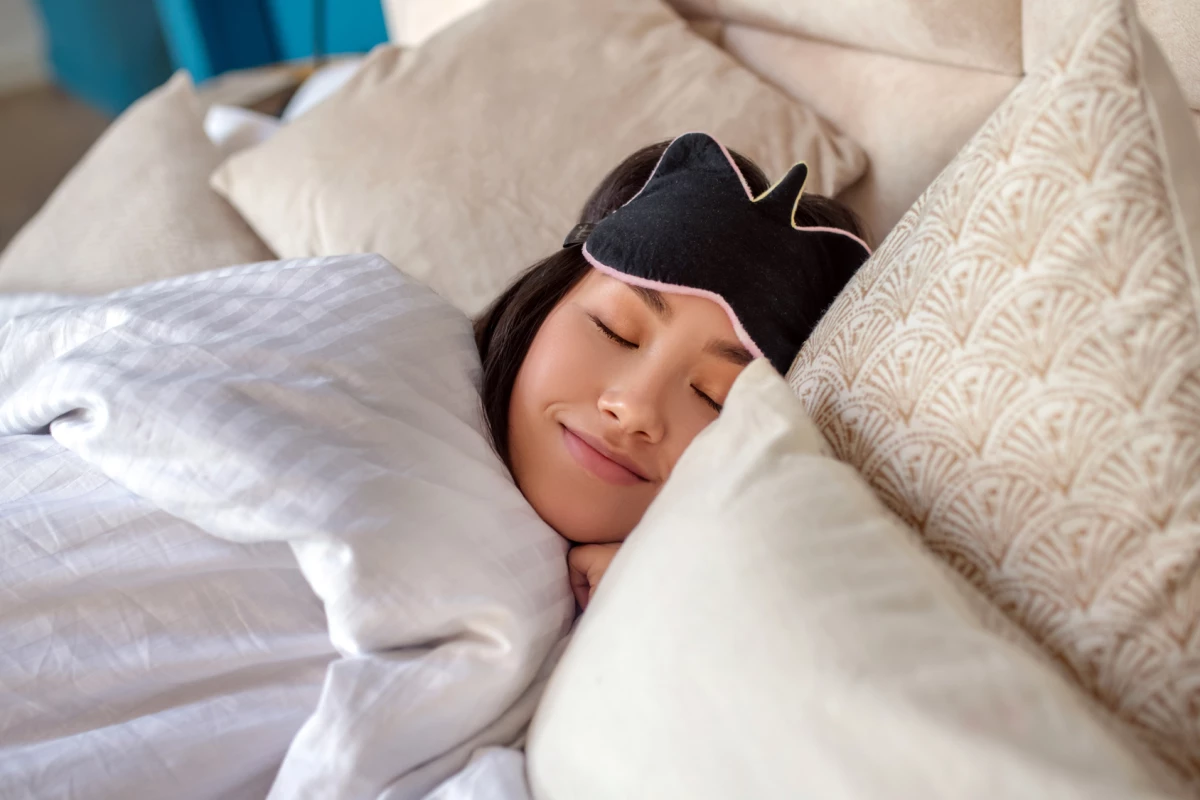Using a weighted blanket overnight not only improves insomnia but mood as well, in addition to reducing the use of sleep medications, a review of existing studies has found. It’s an effective, non-drug way of improving sleep to ensure better overall health.
There’ve been a lot of studies advising us that a lack of sleep negatively affects health. Still, struggling to get a good night’s sleep affects many adults, whether because of stress, jet lag, a new baby, adjusting to a new work schedule, or poor mental health.
Medication, exercise, cognitive therapy, relaxation techniques, sleep restriction therapy and avoiding naps have all been put forward as ways of improving sleep and battling insomnia. However, a new study by South Australian researchers found that there might be a simpler solution: a weighted blanket.
“Sleep is a basic human need, and when someone isn’t getting enough, it can lead to numerous health issues as well as increase the risk of, or exacerbate, chronic conditions, including heart disease, stroke, and mental health issues,” said Dr Suzanne Dawson, an occupational therapist and Flinders University researcher who led the study.
Dawson and her colleagues reviewed 18 existing studies on the use of weighted blankets as a sleep intervention for people of all ages with a range of health conditions.
“In occupational therapy, weighted blankets are becoming more common amongst many ages as an assistive technology, but no current guidelines exist for their use,” Dawson said.
A weighted blanket is big enough to cover the body, often quilted into sections filled with plastic or glass beads, or sometimes steel. The idea behind weighted blankets is that they provide a calm-inducing amount of pressure that simulates the feeling you get from being hugged. Although they’ve been mainstream since 2017, the science behind weighted blankets began in 1992 when US scientist Temple Grandin, who is autistic, developed the Hug Machine to administer deep-touch pressure to relieve anxiety in other autistic people.
The researchers found that adults who used a weighted blanket overnight reported improvements in sleep and mood, used less sleep-assisting medication, and experienced less pain.
“Weighted blankets seem to offer a tangible, non-drug intervention for improving sleep quality,” said Dawson. “Adults who used the blankets reported better sleep, reduced use of sleep medications, and even improvements in mood and pain management.”
For children, the findings were less straightforward. Some studies found that weighted blankets provided limited sleep improvements for children with conditions like ADHD or autism spectrum disorder (ASD). Others reported improvements in children’s daily functioning after they used a weighted blanket.
“Parents often reported that their children appeared more relaxed, less anxious, and more focused during daily activities when using the blankets, which could have a long-term impact on their overall well-being,” Dawson said.
The researchers say that the review’s findings should be used to draw up protocols for using weighted blankets across health services, particularly public mental health services.
“Blankets come in various types, from containing beads or chains, and various weights, but as yet no standardized recommendations exist, including type, weight, frequency of use, or duration,” said Dawson. “While more rigorous research is needed to find their optimal use, use of weighted blankets should be further explored in practice.”
Dawson is close to finishing a related project assessing the feasibility and effectiveness of using weighted blankets as a sleep intervention for people with dementia.
The study was published in the American Journal of Occupational Therapy.
Source: Flinders University





